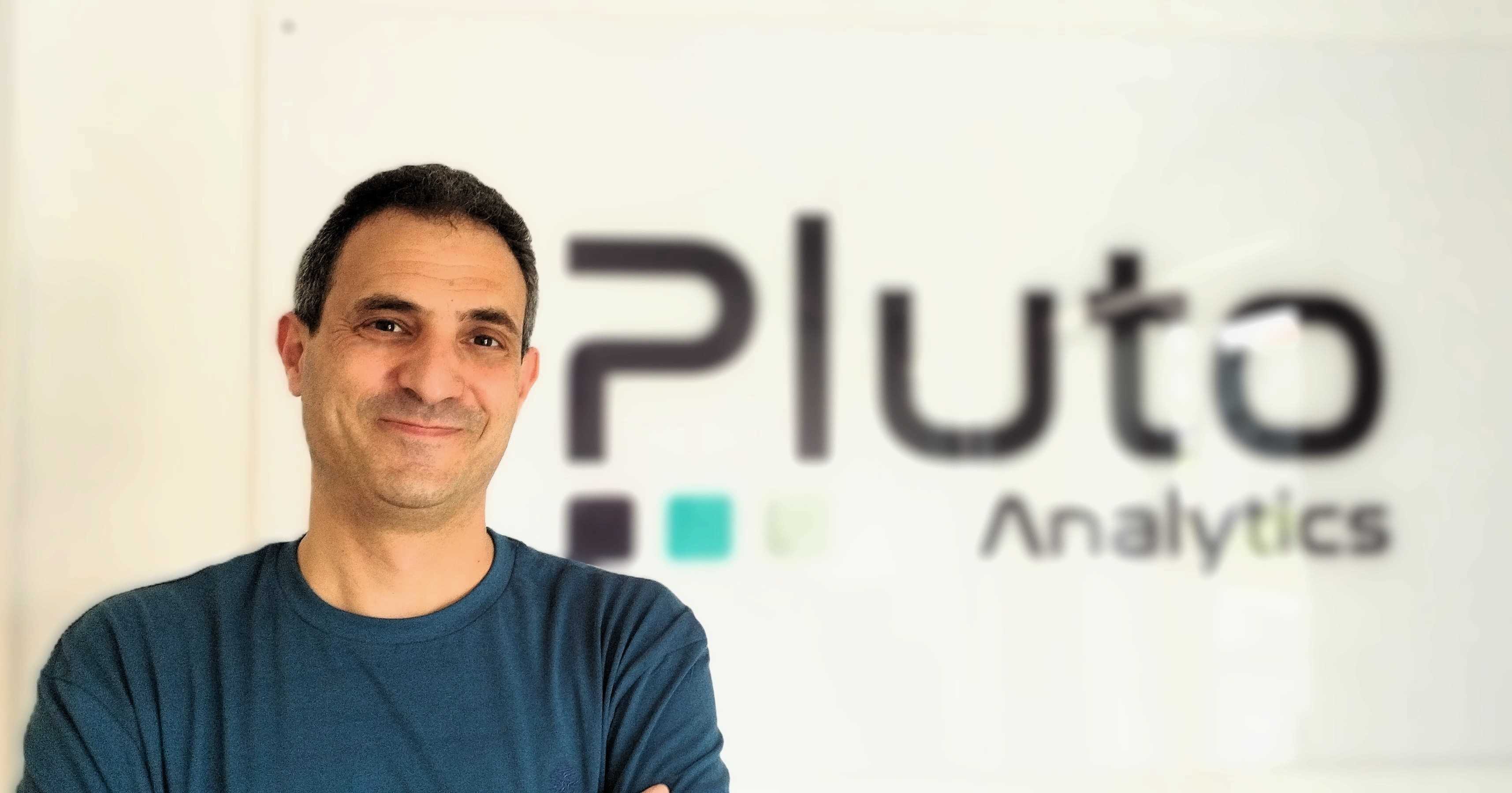
Pedro Duran, Pluto Analytics manager and seasoned Business Intelligence (BI) expert has dedicated over two decades to data integration across various sectors. With a master’s in computer engineering, a postgraduate degree in Information Management and Business Intelligence in Healthcare, and certifications as a Scrum Master and AWS Architect Associate, Pedro’s journey to becoming a senior consultant highlights his commitment to continuous learning and professional growth.
In this interview, Pedro shares insights from his extensive experience, discussing essential qualities for BI consultants, common implementation challenges, and strategies for advising clients on technologies. He also emphasizes the importance of adaptability, effective communication, and teamwork in consulting projects.
As Pedro reflects on the future, he underscores the importance of resilience, robust processes, and client engagement. Join us as we delve into Pedro Duran’s expertise and dedication, which drives success in the realm of Business Intelligence.
Can you share a bit about your background and journey to becoming a senior consultant in Business Intelligence?
I hold a master’s degree in computer engineering and a postgraduate degree in Information Management and Business Intelligence in Healthcare. Additionally, I am a certified Scrum Master and AWS Architect Associate.
Over the past 20 years, I have worked across various business sectors, engaging with different clients. My experience is divided between team collaborations and working directly with clients. I have been involved in banking, telecommunications, healthcare, energy, and iGaming, focusing primarily on data integration.
My career began with shell scripting at a bank. Since then, I have gained experience in reporting, support, architecture, assessments, competence centers, governance, proofs of concept, and implementing open-source technologies for real-time events.
In your opinion, what are the essential skills and qualities that a successful Business Intelligence consultant should possess?
Resilience and patience are crucial. It’s important to recognize that all clients are different, each with their own pace and way of working. Clients are at varying stages of data maturity and are constantly evolving. A successful consultant must be adaptable and capable of overcoming both functional and technological challenges.
In your experience, what are some of the common challenges organizations face when implementing Business Intelligence solutions, and how do you recommend overcoming them?
The first major challenge is the “data” itself. Is the data correct? Is it complete? Can it be accessed? Is it updated? Organizations often struggle with understanding what data they have, what data they can access, and how to work with it.
The second challenge is the fear among employees of losing their jobs to automated solutions. They need to see these solutions as tools that help them perform their jobs better, rather than as threats to their employment.
The third challenge is organizational structure. Determining who owns what data and who is responsible for specific processes can be problematic. Often, the lack of decision-making, accountability, and organization is the main issue.
How do you approach the process of advising clients on selecting the right technologies and tools to suit their specific needs and objectives?
The right technologies and tools are those that the client can understand, implement, support, and use. Striving for perfection carries a high risk in Business Intelligence. Instead, it’s better to take small steps, embrace quick failures, make agile adjustments, and maintain transparency. Always deliver usable solutions. The real challenge is ensuring that the client adopts and trusts the solution. Technologies are merely tools to achieve this goal.
As the field of Big Data and Business Intelligence continues to evolve rapidly, how do you stay updated with the latest technologies, methodologies, and best practices?
It’s hard, of course. We need to be in a constant learning process, keeping in mind that the tools we use today may be obsolete in five years or less.
It’s important to work on your mindset so that you don’t see this constant learning as a waste of time. Even if a specific tool is replaced, the hours invested in studying it are not wasted. You are not just learning a tool; you are enriching your overall knowledge and skill set.
Collaboration is often crucial in consulting projects. How do you promote effective communication and teamwork among clients with diverse backgrounds and priorities?
Patience, transparency, and humility are key. It’s important to work together at the same pace towards a shared goal, involving all team members. By experiencing both failures and successes together, and continuously working to establish trust, effective communication and teamwork can be promoted among clients with diverse backgrounds and priorities.
Can you discuss a successful outcome or achievement from one of your recent consulting projects and the strategies you used to achieve it?
A successful outcome is when the client feels comfortable enough to share internal, delicate future business plans with me, making me feel like a part of the team and solution, rather than a problem.
My strategy involves working with complete transparency. When I don’t know something, I admit it and then proactively want to learn and share that knowledge with the client. I identify risks, concerns, and my own insecurities, without pressuring the client to work with us constantly. We don’t know everything, but we can learn and ask for help, working as a team rather than as a “closed project provider.”
Looking to the future, what do you believe will be the most significant challenges and opportunities for BI consultants, and how do you plan to address them in your role?
The main challenge will be delivery.
While there are many excellent tools and companies delivering interesting solutions, the problems often lie in the small details. Issues like file formats, data exceptions, lack of willingness, or lack of knowledge to adapt existing processes can cause significant problems.
A BI consultant must manage the fact that any solution can fail. They need to be resilient, robust, and agile. Most of the time, it’s not about technology but about processes and people. A BI consultant needs to explain what is wrong and demonstrate how to correct it, engaging clients by leading through example.